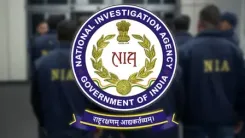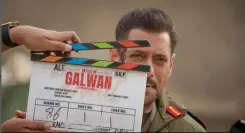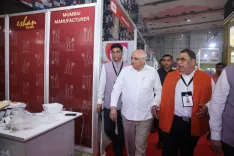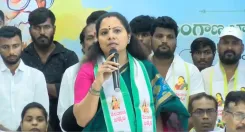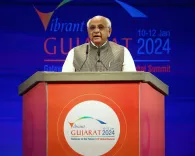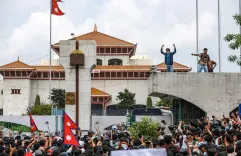Should Nepal’s Government and Protesters Engage in Dialogue?
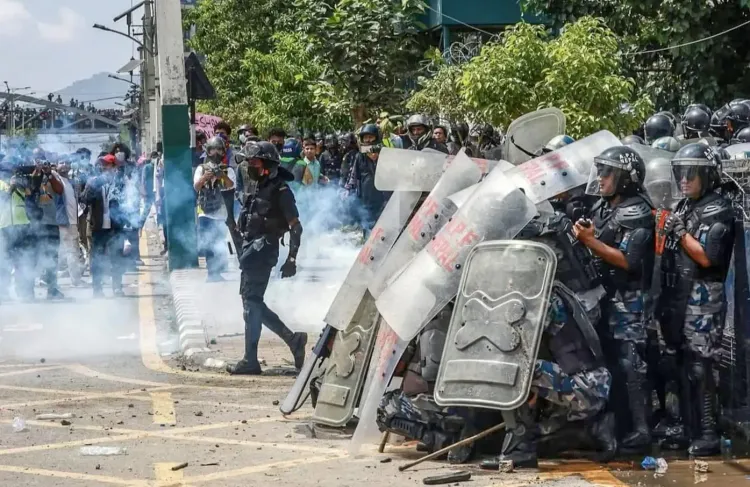
Synopsis
Key Takeaways
- Urgent Call for Dialogue: UN Secretary-General urges discussions to prevent further violence.
- Rights to Assembly: Importance of protecting peaceful protests and freedom of speech.
- Impact of Social Media Ban: Protests highlight the significance of digital communication in modern democracy.
- Monitoring of Human Rights: International bodies are closely watching the situation.
- Need for Investigation: Calls for transparency regarding police actions during protests.
United Nations, Sep 9 (NationPress) Secretary-General Antonio Guterres has urged the Nepalese authorities and demonstrators to engage in constructive dialogue to address their disputes, which have resulted in violence and the tragic loss of at least 19 lives.
“Nepal possesses a dynamic democracy and a vibrant civic environment. It is crucial for the government and the protesting factions to convene and discuss their concerns peacefully,” stated Guterres’ spokesperson, Stephane Dujarric, on Monday.
“We are closely monitoring the situation with significant concern. It is essential for the government to uphold the rights to peaceful assembly and expression,” he emphasized.
On Monday, tens of thousands of young demonstrators took to the streets to protest against a ban on social media, leading to chaotic scenes as they attempted to storm Parliament.
In response, police deployed live ammunition, rubber bullets, and teargas, which resulted in at least 19 fatalities, as per reports.
Reports indicate that some of the 26 banned social media and messaging applications resumed their services later that day.
Ravina Shamdasani, spokesperson for the Geneva-based Office of the High Commissioner for Human Rights, expressed concerns, stating, “We have received alarming reports of unnecessary or excessive force used by security personnel during the protests.”
She highlighted, “Nepal has a lively democratic culture and an active civic space. We call for a reconsideration of social media regulations to ensure alignment with Nepal’s human rights obligations.”
Shamdasani also advocated for “a swift and transparent inquiry” into the reports regarding police brutality.
Prime Minister K.P. Sharma Oli’s administration enacted a ban on various social media platforms, including Facebook, WhatsApp, Instagram, Snapchat, Reddit, and WeChat, citing their non-compliance with new registration laws.
The Supreme Court upheld these regulations, which mandate the designation of a local contact person, deemed necessary by the government to tackle misinformation.


